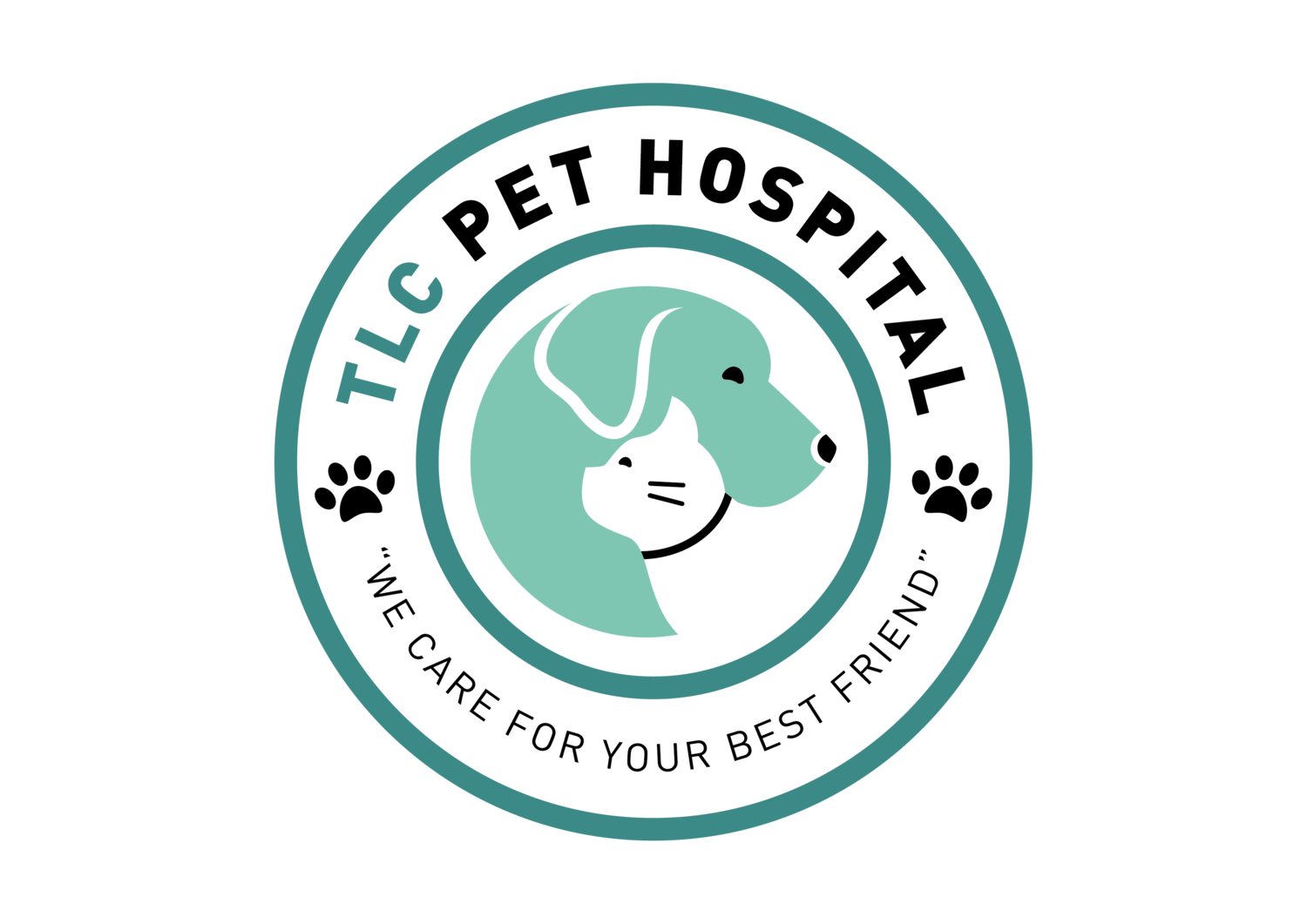Areas of Practice
Wellness Exams
Wellness exams, allows us to establish a normal pattern for each pet’s weight, temperature and body condition. A thorough, physical examination helps detect hidden problems that may otherwise go unnoticed until your pet’s health deteriorates drastically. Issues like cancer, heart disease, diabetes, hormone imbalances, arthritis and pain can be caught early and treated promptly, allowing your pet a better quality of life. A preventative approach also helps catch and diagnose problems which allows us ample time to come up with a proper treatment plan for your pet.
Dentistry
Dental hygiene is an important part of your pet’s health and can often be the cause of serious illness. If left untreated, dental problems can often lead to larger systemic problems in your pet due to bacteria entering the blood-stream and damaging the kidneys, heart and liver. Many of these problems can be avoided by scheduling regular checkups and dental cleanings for your pet. Your pet’s teeth should be checked at least once a year to check for early signs of a problem and to keep your pet’s mouth healthy. When your dog or cat has periodontal disease, much of the damage takes place below the gum line where neither you, nor your veterinarian can see it. For this reason we use digital dental x-rays to determine your pet’s oral health. Digital x-rays are safer for your pet and allow our staff to see the bones, roots and internal anatomy of the teeth.
Dental x-rays are taken in conjunction with a full oral exam and cleaning. General anesthesia is required to provide the complete assessment of your pet’s mouth, including teeth and bone structure.
Your pet’s mouth should be checked sooner if you observe any of the following problems:
Bad breath
Broken or loose teeth
Extra teeth or retained baby teeth
Teeth that are discolored or covered in tartar
Abnormal chewing, drooling, or dropping food from the mouth
Reduced appetite or refusal to eat
Pain in or around the mouth
Bleeding from the mouth
X-rays
We utilize digital X-ray which allows us to take radiographs of your pet in order to help diagnose and treat many medical conditions. X-rays are very useful for diagnosing medical problems. They can provide the veterinary staff with a picture of your pet’s problem. X-rays can reveal bone infections, arthritis, dental decay and even bone cancer. X-rays can often pinpoint the organ where the problem is occurring. A foreign body in the stomach is often seen in an x-ray. If your pet is vomiting and an x-ray reveals irregular gas patterns and bunching of the small intestine, this could mean that your pet has eaten string or some other detrimental foreign object.
Soft Tissues Surgeries
We perform soft tissue surgeries for a number of reasons. This common surgery can be used for almost anything non-joint or bone related. Veterinary soft tissue surgeries are recommended for a variety of reasons. The most common soft tissue surgeries for animals are spays and neuters, hernia repairs and mass removals. More advanced soft tissue surgeries include cystotomy, abdominal exploratory surgery and splenectomy.
Cat Boarding
We gladly offer feline boarding at TLC Pet Hospital. We understand that it can be stressful to leave your pet while you travel. Let us make travels stress free for both you and your cat while you are away. Our TLC boarding facility is clean, safe, quiet and comfortable. With an entire staff of veterinary professionals. Should your cat require medications or medical needs we got it covered! Drop-off and pick-up hours follow the operating hours of the clinic.
Pet Microchipping
A microchip is a quick and painless way to permanently identify your pet. Once the microchip is inserted, the pet is identified for life. Microchips are safe, unalterable and permanent identification for pets. The chip is the size of a grain of rice, a microchip is a tiny computer chip coded with a number unique to your pet. The chip is inserted under the skin between the shoulder blades.
End of Life Care
Losing a pet is one of the most difficult things a person can experience.
Determining the quality of life for a pet is often used to make end-of-life decisions. It’s important to remember that each pet is an individual, and what constitutes a poor quality of life for one pet (such as lying around all day) may be normal for another. Although a pet’s enjoyment of life depends on a variety of factors, physical symptoms- such as unrelenting pain or extreme difficulty breathing - should weigh heavily in the euthanasia decision. These factors constitute very poor quality of life, regardless of the other factors.
As hard as it may be to consider end-of-life decisions, it is recommended that you start thinking about these issues early in the process, when your mind may be more clear. Decisions may seem forced or pressured if you wait until there is a crisis. We offer variety of services through Trusted Journey a company built on trust and a company we have trusted for years with our own pets.
